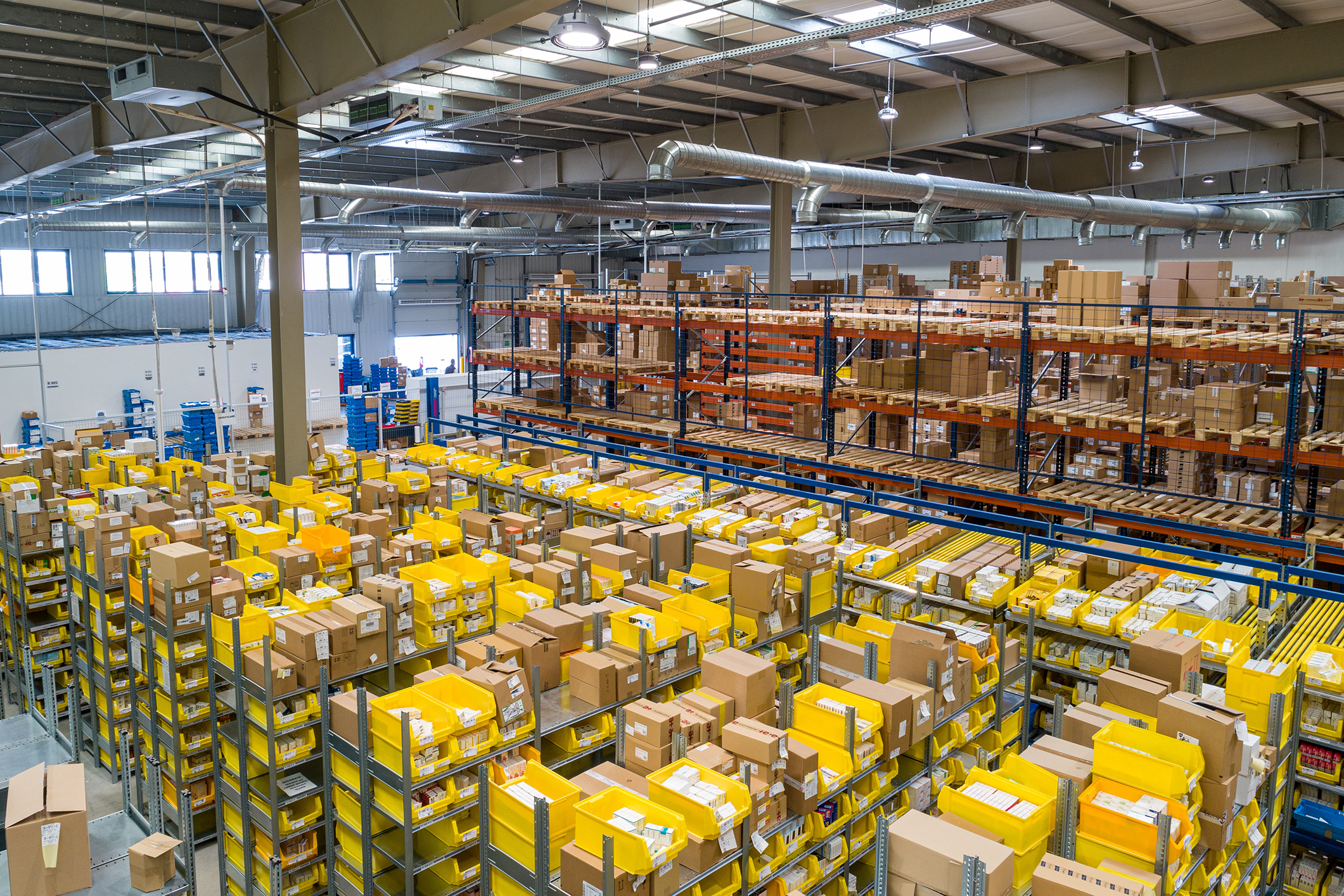When we think of distribution businesses, we often visualize lorries, warehouses, and stock as the key components. However, there’s an equally important but invisible tool that underpins the entire operation – the Enterprise Resource Planning (ERP) system. One of the most vital modules in an ERP system for distribution is the logistics module, which plays a crucial role in ensuring the smooth and efficient running of the business. In this blog, we will explore how the logistics module can help distribution businesses and how it addresses various challenges faced by them.
Challenges Faced by Distribution Businesses
Distribution businesses face numerous challenges that can impact their bottom line, operational efficiency, and customer satisfaction. Some of these challenges include:
- Inventory management: Managing and tracking inventory levels accurately, preventing stockouts and overstock situations.
- Demand and supply matching: Ensuring that supply meets market demand while minimizing wastage and stock obsolescence.
- Order and delivery management: Tracking and processing orders, scheduling and dispatching deliveries, managing returns and reverse logistics.
- Operational efficiency: Streamlining processes, reducing lead times, and optimizing resources to minimize costs and enhance productivity.
- Compliance and regulatory requirements: Adhering to industry-specific regulations and ensuring that the supply chain is fully compliant.
How Logistics Module in ERP Systems Helps Distribution Businesses
The logistics module within an ERP system is designed to address these challenges and enable distribution businesses to achieve success. The following are some essential ways that the logistics module benefits distribution businesses:
Improved Inventory Management
Effective inventory management is pivotal for distribution businesses. The logistics module in an ERP system offers features such as real-time inventory tracking, stock level monitoring, and automated replenishment. These tools help in preventing stockouts, reducing overstock situations, and ensuring that the right products are available at the right time and place.
Enhanced Demand and Supply Planning
To match the fluctuating market demands, the logistics module encompasses demand and supply planning capabilities. The module helps in forecasting demand accurately by analyzing historical sales data, customer orders, and market trends. This allows businesses to optimize inventory levels and make informed decisions about procurement and production processes.
Streamlined Order and Delivery Management
Managing orders and deliveries is a complex task, and the logistics module in an ERP system can streamline these processes. By automating order processing and integrating it with the delivery management system, the module ensures accuracy and reduces manual errors. The logistics module also helps in creating efficient delivery routes, tracking shipments in real-time, and managing returns and reverse logistics.
Increased Operational Efficiency
The logistics module optimizes distribution operations by automating various tasks and streamlining processes. The module consolidates different data points and provides real-time insights into key performance indicators (KPIs). This allows distribution businesses to identify areas of improvement, implement cost-saving measures, and make data-driven decisions that enhance overall efficiency.
Compliance and Regulatory Adherence
The logistics module enables distribution businesses to maintain compliance with various regulatory requirements. The module offers features such as automated record keeping, reporting, and tracking of relevant certifications. This ensures that businesses stay compliant with industry-specific regulations, prevent penalties, and safeguard their reputation.
Conclusion
The logistics module plays a vital role in the ERP system of a distribution business. By addressing the challenges faced in inventory management, demand and supply planning, order and delivery management, operational efficiency, and compliance, the logistics module empowers distribution businesses to excel. By implementing an ERP system with a robust logistics module, distribution businesses can enhance their operational efficiency, reduce costs, improve customer satisfaction and stay competitive in today’s fast-paced business environment.
With more than 30 years of expertise in the enterprise resource planning (ERP) sector, Multiable has proven to be a dependable creator and supplier of ERP solutions. Our robust system has earned the confidence of 6000 enterprises throughout Asia, supported by our team of dedicated professionals intent on helping businesses leverage the benefits of our system to reach their operational goals. At Multiable, our objective is to provide customized solutions that simplify enterprise processes, enhance operations, and bolster overall efficiency. Multiable differentiates itself in the field of ERP solutions through its extensive experience, demonstrated success, committed professionals, tailored approach, and unwavering focus on efficiency. We’re proud of our ability to stimulate business expansion.
Contact us
Error: Contact form not found.


